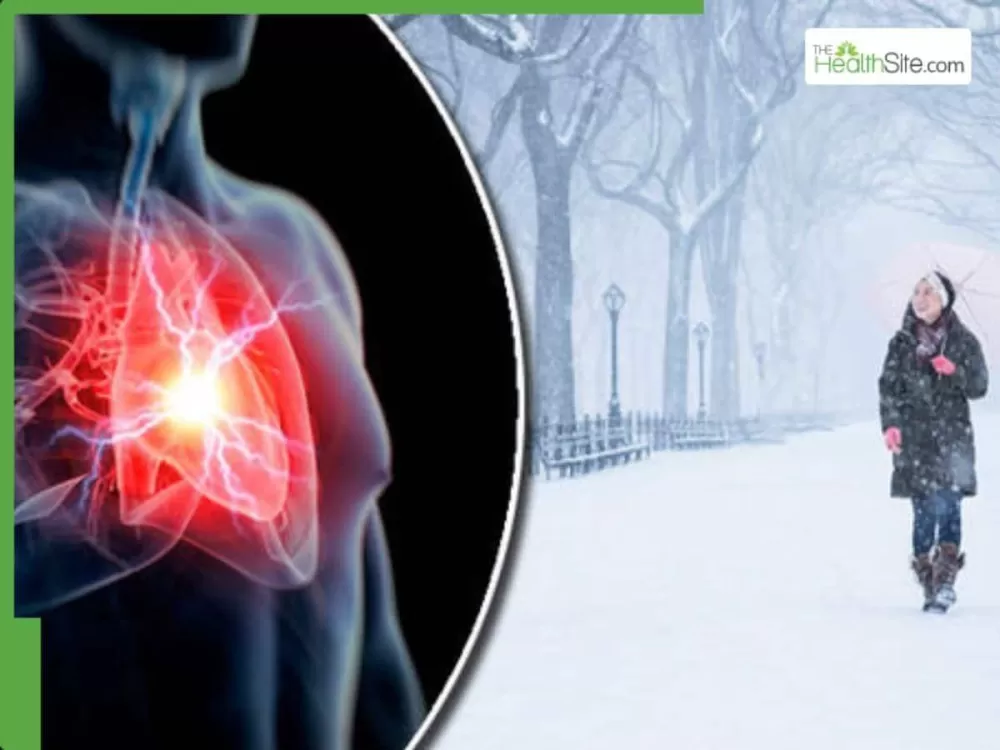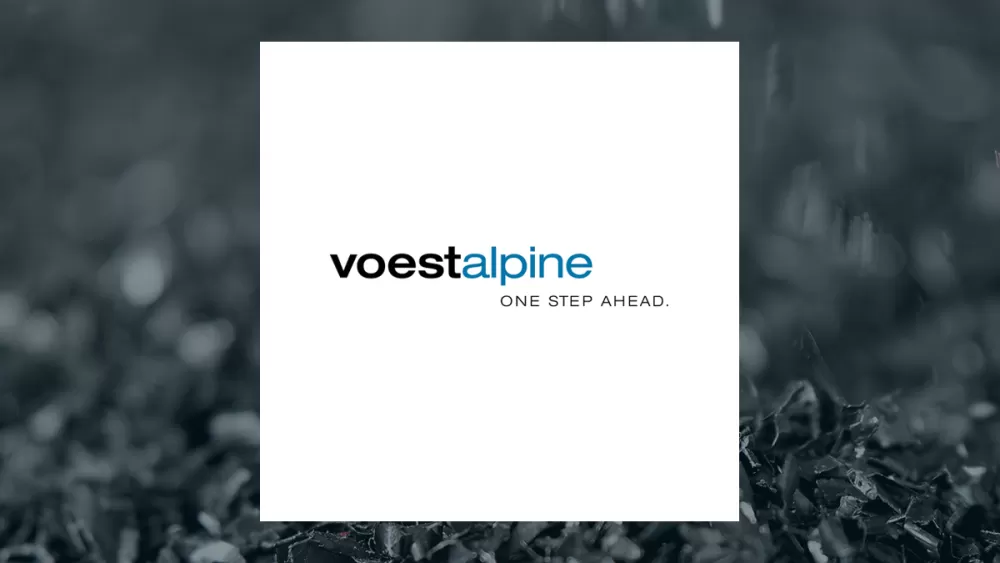The Winter Heart: Unmasking the Subtle Warnings Your Body Whispers
Share- Nishadil
- November 06, 2025
- 0 Comments
- 4 minutes read
- 50 Views

Winter's Hidden Hazard: Don't Miss These 5 Heart Warning Signs
As winter rolls in, our hearts face unique challenges. This article explores five crucial, often overlooked, warning signs that your heart might be damaged and in need of urgent attention, helping you understand your body's subtle signals.
There's a certain crispness to winter, isn't there? A quiet beauty that draws us indoors, perhaps a little closer to the fire, or maybe just a bit more sedentary. But for all its charm, the colder months, it turns out, can be surprisingly tough on our hearts. We often hear about the dramatic, sudden cardiac arrest — a terrifying event. Yet, before that moment, our bodies, in their incredible wisdom, often send out distress signals, quiet little whispers that, honestly, we're all too prone to overlook or dismiss as 'just getting older' or 'the seasonal blues.'
It’s a sobering thought, but during winter, the risk of cardiac events does, in fact, creep up. Perhaps it's the constricted blood vessels in the cold, or the increased strain from flu season, or even just our tendency to eat heavier foods and move less. Whatever the cocktail of causes, understanding what your heart might be trying to tell you, well, that's truly vital. So, let’s talk about those warnings – the not-so-obvious signs that your heart might be screaming for attention, even if you’re just hearing a gentle plea.
First off, let’s consider that persistent chest discomfort. And no, it’s not always the dramatic, Hollywood-esque clutching of the chest. Sometimes, it’s a subtle pressure, a feeling of fullness, or a persistent ache that just won't quit. It might feel like indigestion, or maybe a strain from that shoveling you did. But if it’s recurring, especially with exertion, or even just sitting still, and sometimes radiating into your arm, back, neck, or jaw — that’s a red flag, my friend. Truly, don't brush it aside.
Then there’s the breathlessness, the shortness of breath that seems to come out of nowhere. Climbing a flight of stairs suddenly feels like scaling Everest? Or you find yourself gasping for air even at rest? This isn't just about being out of shape, though that's an easy excuse we tell ourselves. A struggling heart simply can't pump enough blood to meet your body's oxygen demands. It’s a sign that demands attention, particularly if it worsens over time or with minimal effort.
Next up, that overwhelming, unexplained fatigue. Honestly, who isn't tired sometimes? Life's busy. But we're talking about a fatigue that’s beyond normal tiredness. It's an exhaustion that doesn’t improve with rest, a profound weariness that can make everyday tasks feel like Herculean efforts. This isn’t just feeling sleepy; it’s your body struggling, and often, it’s because your heart isn’t keeping up.
And what about swelling in your legs, ankles, or feet? You might notice your shoes feel tighter, or your socks leave deep indentations. This could be a sign of fluid retention, a tell-tale symptom of congestive heart failure. When the heart isn’t pumping efficiently, blood can back up in the veins, leading to this tell-tale puffiness. It's not just an aesthetic issue; it's a circulatory one, and a serious one at that.
Finally, we arrive at dizziness or lightheadedness, even fainting spells. Imagine, you stand up too quickly and the world spins for a moment. Normal, right? Sometimes. But if these episodes become frequent, or you feel on the verge of passing out, it could mean your heart isn't pumping enough blood to your brain. This can be particularly alarming, a clear indication that something is amiss with your cardiovascular system, and honestly, it merits an immediate conversation with your doctor.
So, as the days grow shorter and the air bites a little harder, let’s remember to be kind to our hearts — and, crucially, to listen to them. These aren't just vague complaints; they are your body’s sophisticated alarm system, sounding off. Recognizing these signs early, taking them seriously, and seeking medical advice when needed, could truly make all the difference. Because, for once, being a little 'overly cautious' could just be the smartest thing you do all winter.
Disclaimer: This article was generated in part using artificial intelligence and may contain errors or omissions. The content is provided for informational purposes only and does not constitute professional advice. We makes no representations or warranties regarding its accuracy, completeness, or reliability. Readers are advised to verify the information independently before relying on







